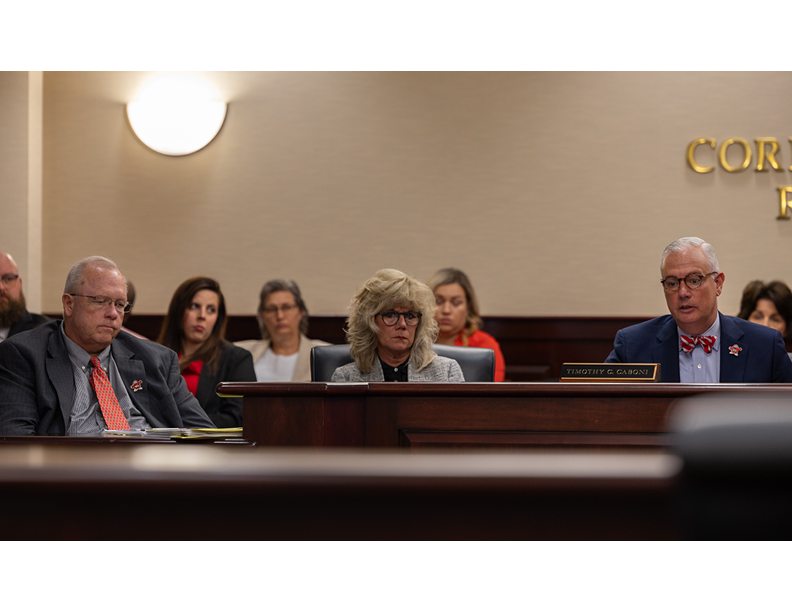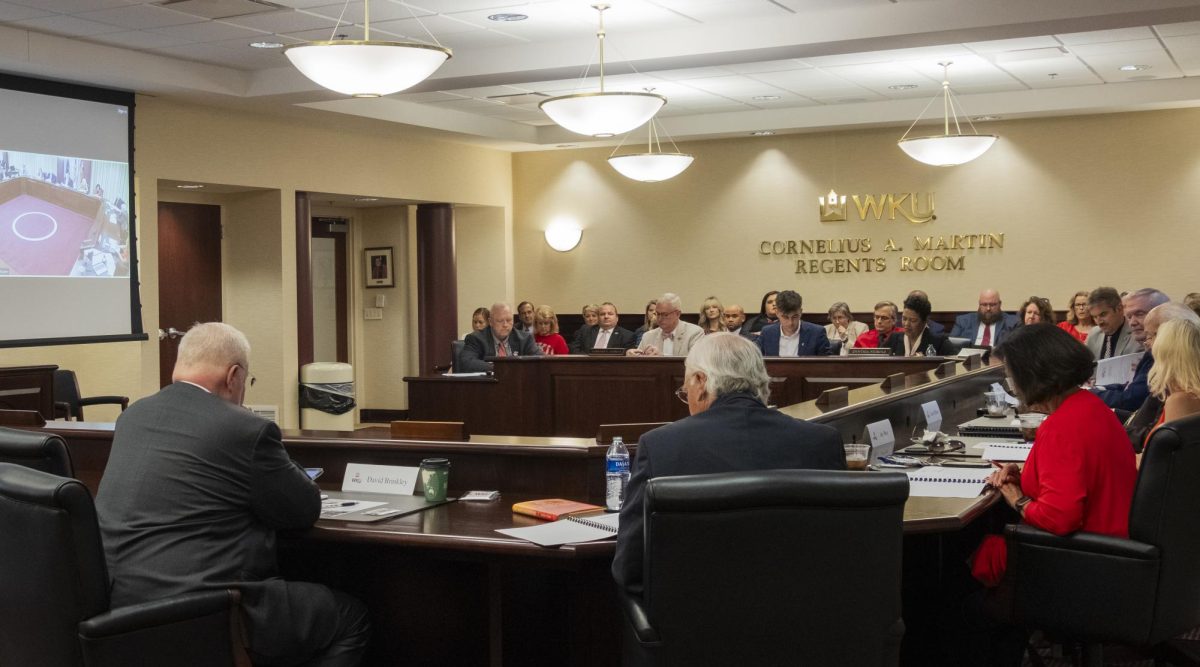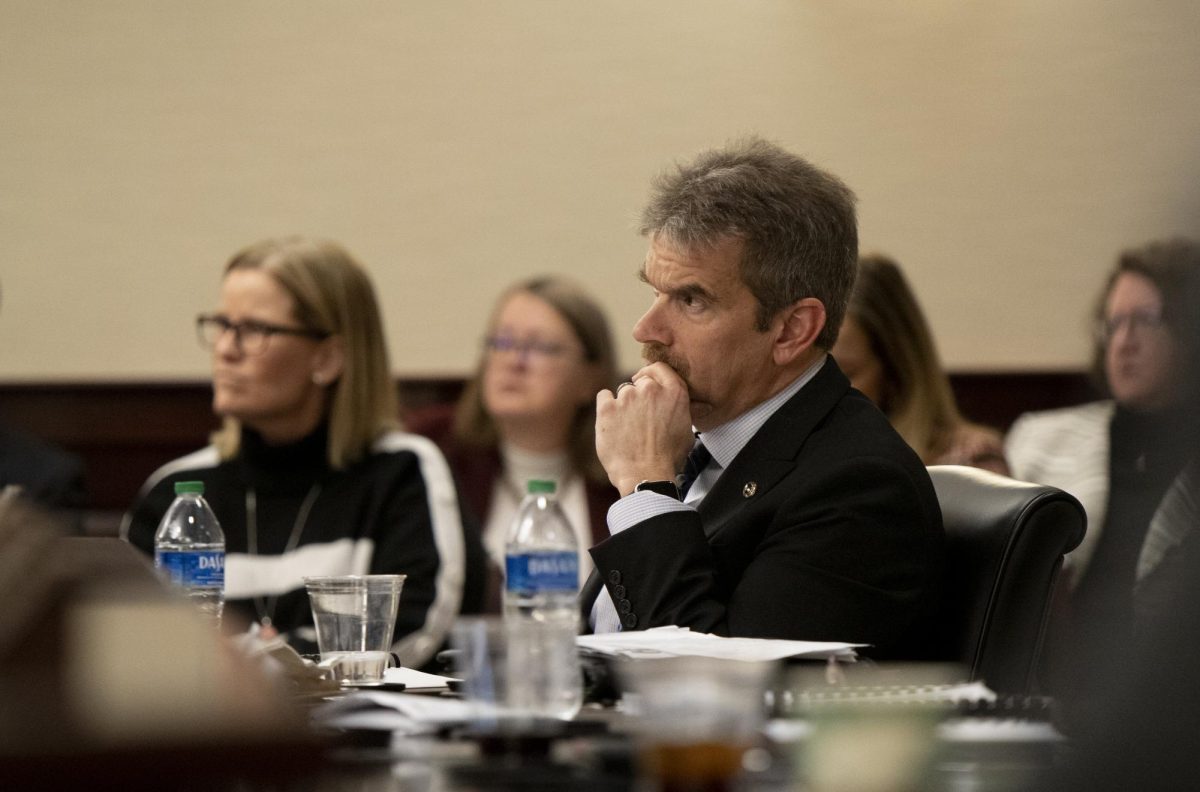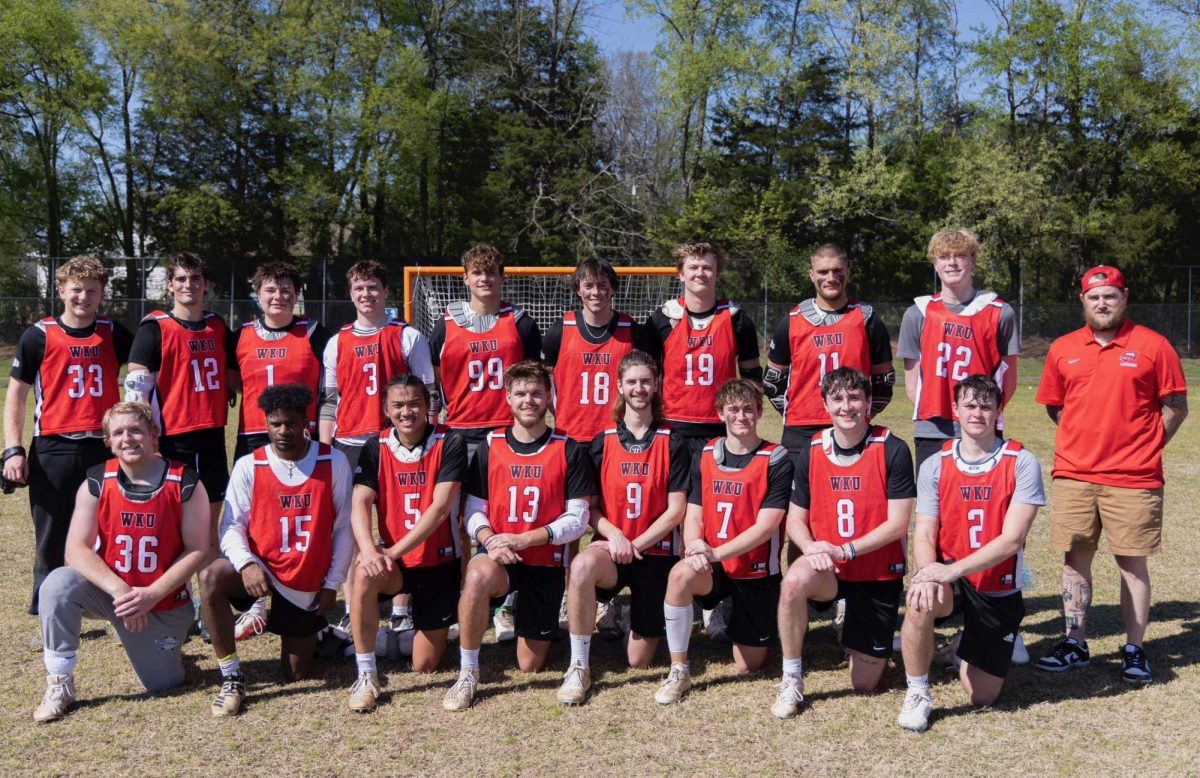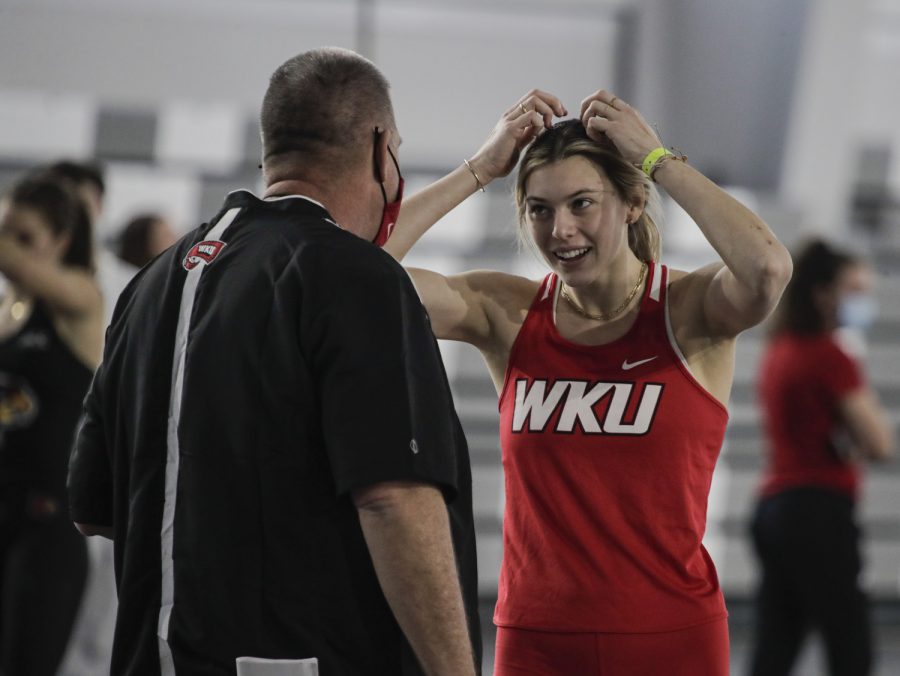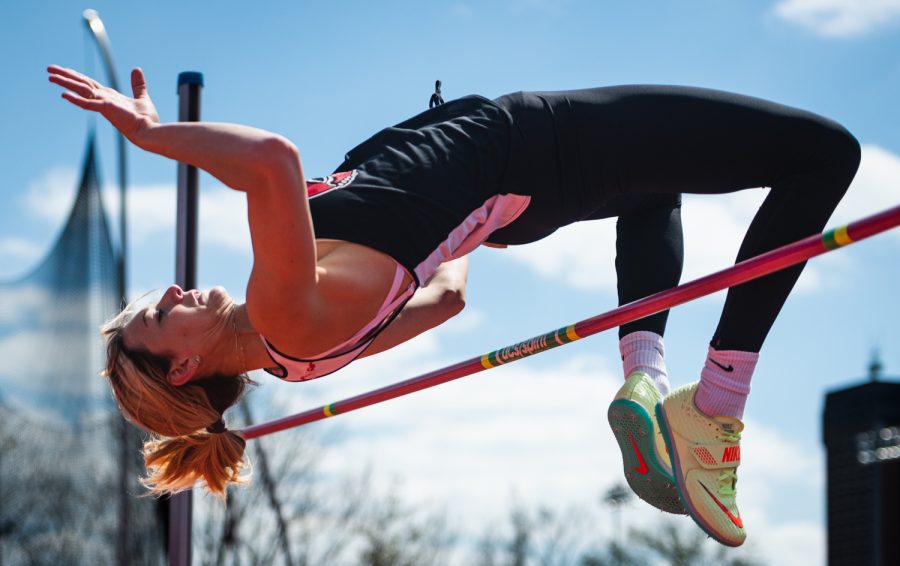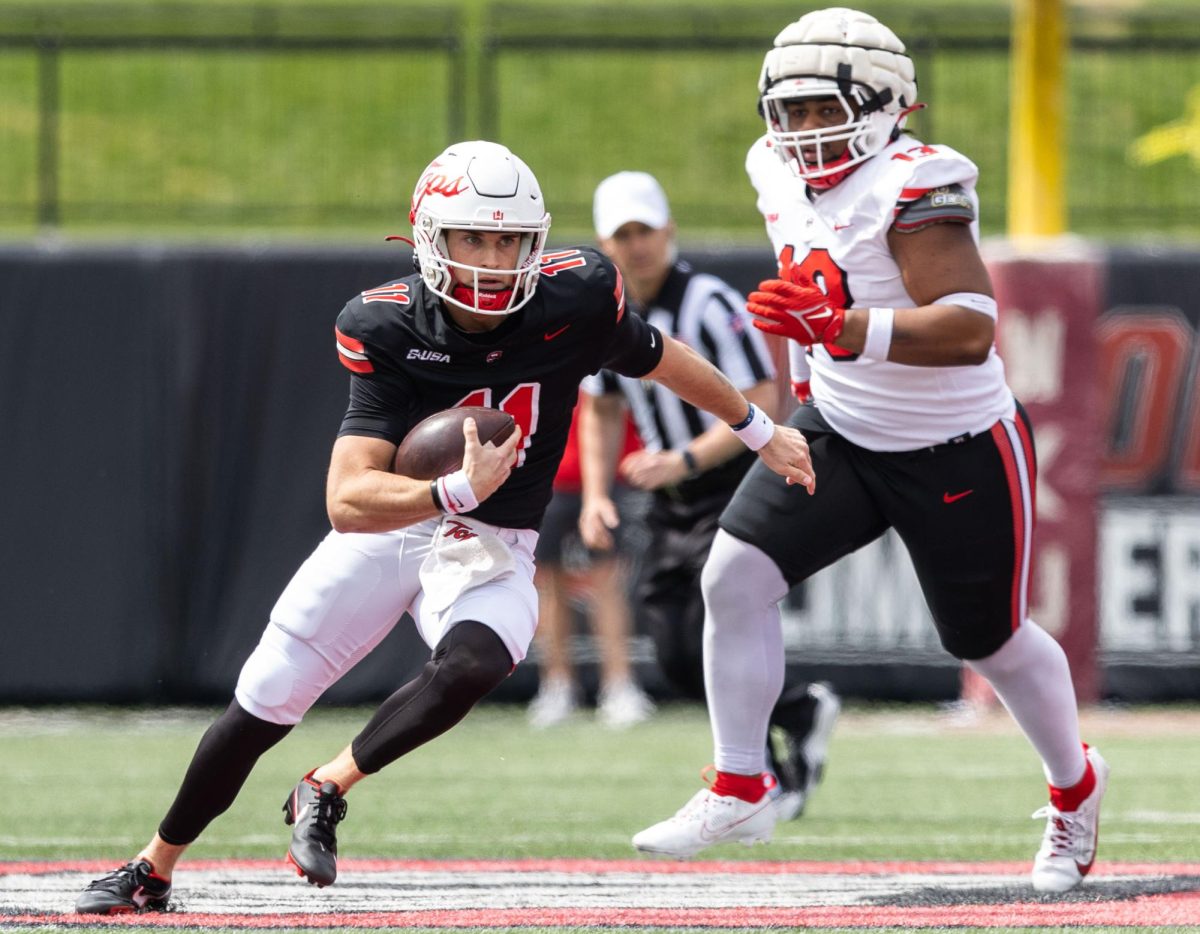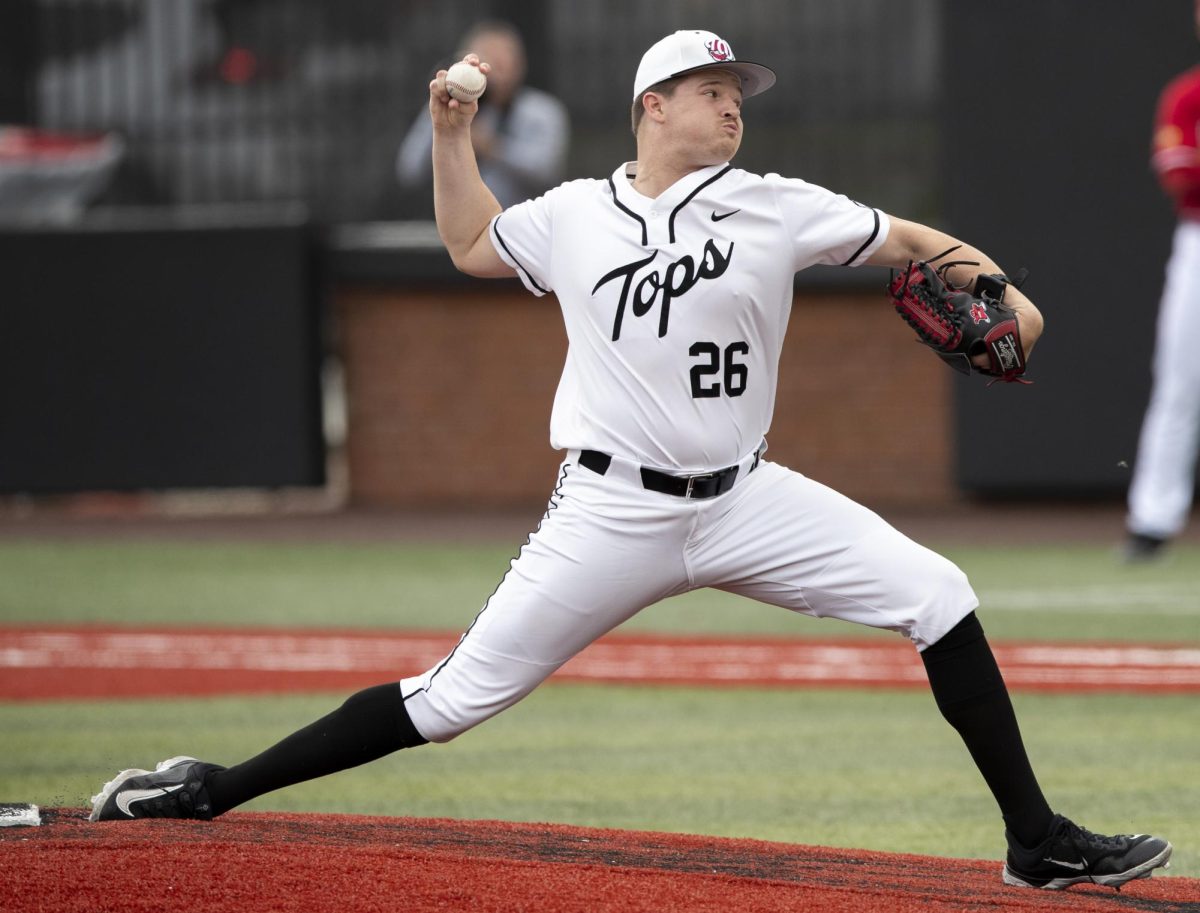Hilltopper athletics required subsidies of more than $25.3 million from WKU to balance the athletics budget in 2022-23, a record amount that was 63% of the year’s total athletics operating revenue of $40.4 million, according to an accountant’s report required by the NCAA.
During the 2022-23 academic year, WKU put $25,325,822 into athletics beyond the revenue the program and its 16 sports teams generated, according to the independent accountant’s report to be presented to the WKU Board of Regents on Friday.
According to the report, the $25.3 million was composed of $17.1 million in direct institutional support from WKU’s budget; student fees totaling $3.2 million from the mandatory $218 athletics fee that each student must pay each semester; and indirect institutional support of $7.6 million to cover debt service on athletics facilities and other expenses. The sum of those amounts was offset by $2.5 million that athletics transferred to WKU, the report showed.
Athletics Director Todd Stewart said in an email that the numbers in the NCAA report were “a bit misleading because they include many variables and categories and are not what our actual annual operating budget is.”
During the 2023 fiscal year, the report said, direct institutional support increased by $2.4 million, or 16.3%, over the previous year “as a result of increased expenses during FY23 that were not covered by sport revenues or student fees.”
The report also noted:
– Support staff and administrative compensation, benefits and bonuses increased by $1.3 million, or 30.1%, from the previous year. The university said this was the result of the 2% campus-wide salary increase and hiring additional support staff.
– Contributions to the athletics program totaled $3.3 million, including individual gifts of $500,000 and $286,286.
– Revenue from media rights totaled $10, while royalties and other licensing brought in $2.1 million.
– Bowl revenues were $13,320 while bowl expenses were $568,217. WKU beat South Alabama in the New Orleans Bowl in December 2022.
– Ticket sales to all athletics events totaled $2.1 million.
WKU’s athletics budget has increased since the university made the jump from Division I-AA/ FCS to Division I-A/FBS in 2008, but has seen its biggest increase over the last two academic years, according to data from the report and from the Knight-Newshouse College Athletics Database, which compiles budget information on every NCAA program.
According to the Knight-Newhouse database, 2022-23 marked the second year in a row that WKU’s subsidy of its athletics program exceeded $20 million, with record highs in both years.
In the 2021-2022 academic year, according to the database, WKU’s subsidy amounted to $22.14 million from institutional support and student fees.
For the 2021-22 year, which is the most recent for which the database has complete records, WKU’s $22.14 million subsidy was the highest among public universities in Kentucky. Athletics subsidies for that year ranged from Eastern Kentucky University’s $15.4 million, the closest to WKU’s, to $0 at the University of Kentucky.
While the money may be high in the context of Kentucky, Stewart said, WKU’s support to their athletics program is normal in the context of Division I athletics.
“Of the 355 Division I athletic programs, all but a tiny fraction receive institutional support,” Stewart said in the email. “Many receive substantially more than what WKU athletics received.”
In his emailed response to questions from the Herald, Stewart said WKU’s investment in athletics each year helps the university.
“Investing in athletics positively impacts many throughout our campus and community,” Stewart said, citing the diversity athletics provides as 42% of its competitors are minorities and how it brings thousands to WKU’s campus that otherwise would not have visited. He also said the program has a positive economic impact on the Bowling Green region.
Stewart also expressed his feelings against reducing athletic spending, claiming that it would hurt WKU’s ability to be nationally relevant.
“Reducing our spending jeopardizes our ability to continue to succeed and remain nationally relevant,” Stewart said in the email. “And if we don’t succeed and become irrelevant nationally, then WKU is also negatively impacted in many ways.”
Stewart said the program is working on ways to increase the revenues for Hilltopper athletics.
“We are aggressively employing personnel and strategies to increase our revenue.” Stewart said in the email. “We are building a fundraising apparatus that both adapts to the current landscape and is also sustainable. We are already having success and will have some exciting announcements around this soon.”
Sports Editor Jake McMahon can be reached at [email protected]
















